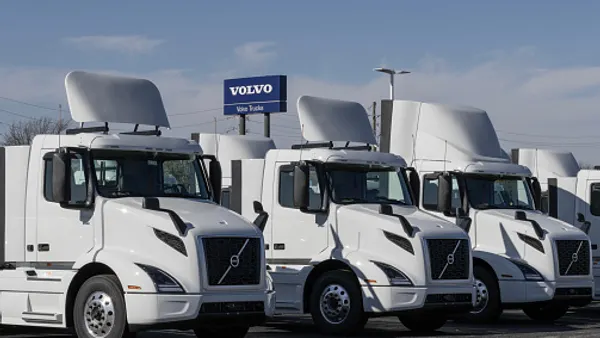Dive Brief:
- The U.S. Food and Drug Administration (FDA) has issued guidelines for enforcing the Food Safety Modernization Act (FSMA), which was established during the Obama administration, CNN reported. The act is considered a major step in ensuring the U.S. food supply is as safe as possible.
- The guidelines emphasize prevention over reaction, requiring food facilities to evaluate preventive measures that minimize food safety hazards.
- Changes and adjustments based on input from food industry experts are expected to be incorporated into the rules.
Dive Insight:
According to the guidelines, the FDA is in discussion with a variety of producers and farmers to determine the most effective, accurate timeline to address the paramount question of when to issue a recall of an allegedly contaminated food.
Food chain traceability remains an ongoing issue, not only because of the effect on society, but because of a recall's risk to devastate an entire company. Whole chain traceability, which goes beyond the usual one-back one-up examination of suppliers and their sources, is considered ideal. Still, bulk purchases of ingredients meant for repackaging and resale remain problematic, and even when known problems continue, as at Chipotle in 2015, recalls are not always demanded.
Though the original intent of the FSMA was to protect the general public from foodborne illness, its gradual implementation style coupled with hesitation to establish deadlines on recalls demonstrates that the act seeks to serve not only consumers, but also producers and purveyors. At present, an E. Coli contamination potentially linked to romaine lettuce is being investigated by the Centers for Disease Control and Prevention (CDC) after Canadian authorities identified the bacteria. The FDA has yet to weigh in on the matter.
In December, federal investigators criticized the FDA for its lack of fast action on recalls.












